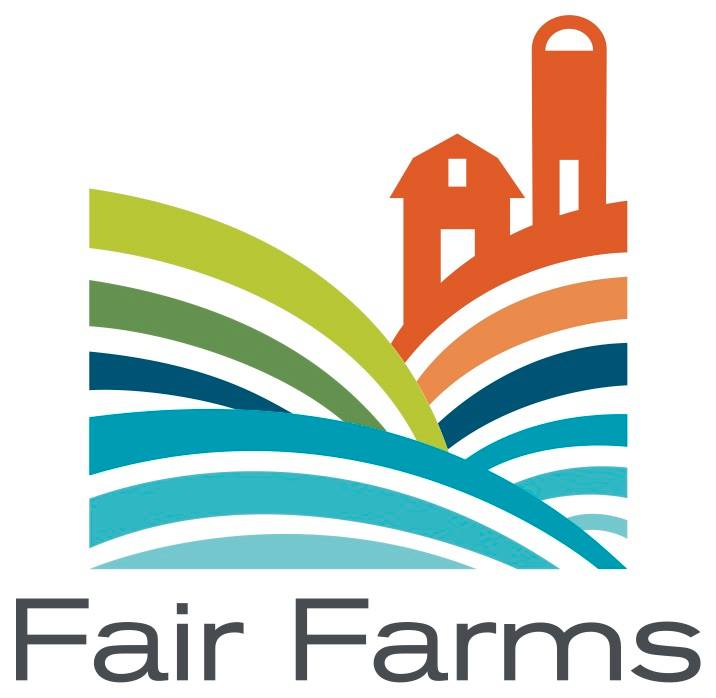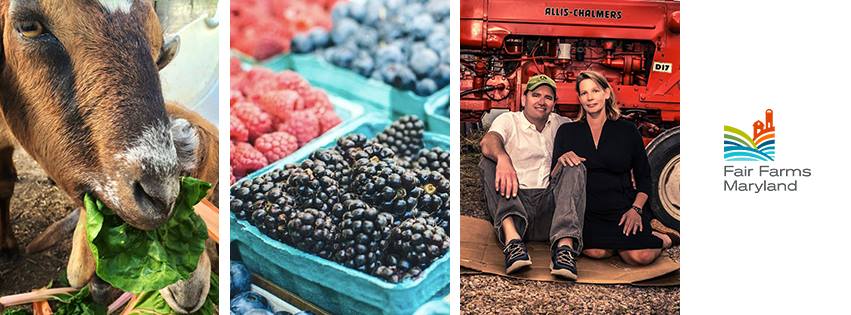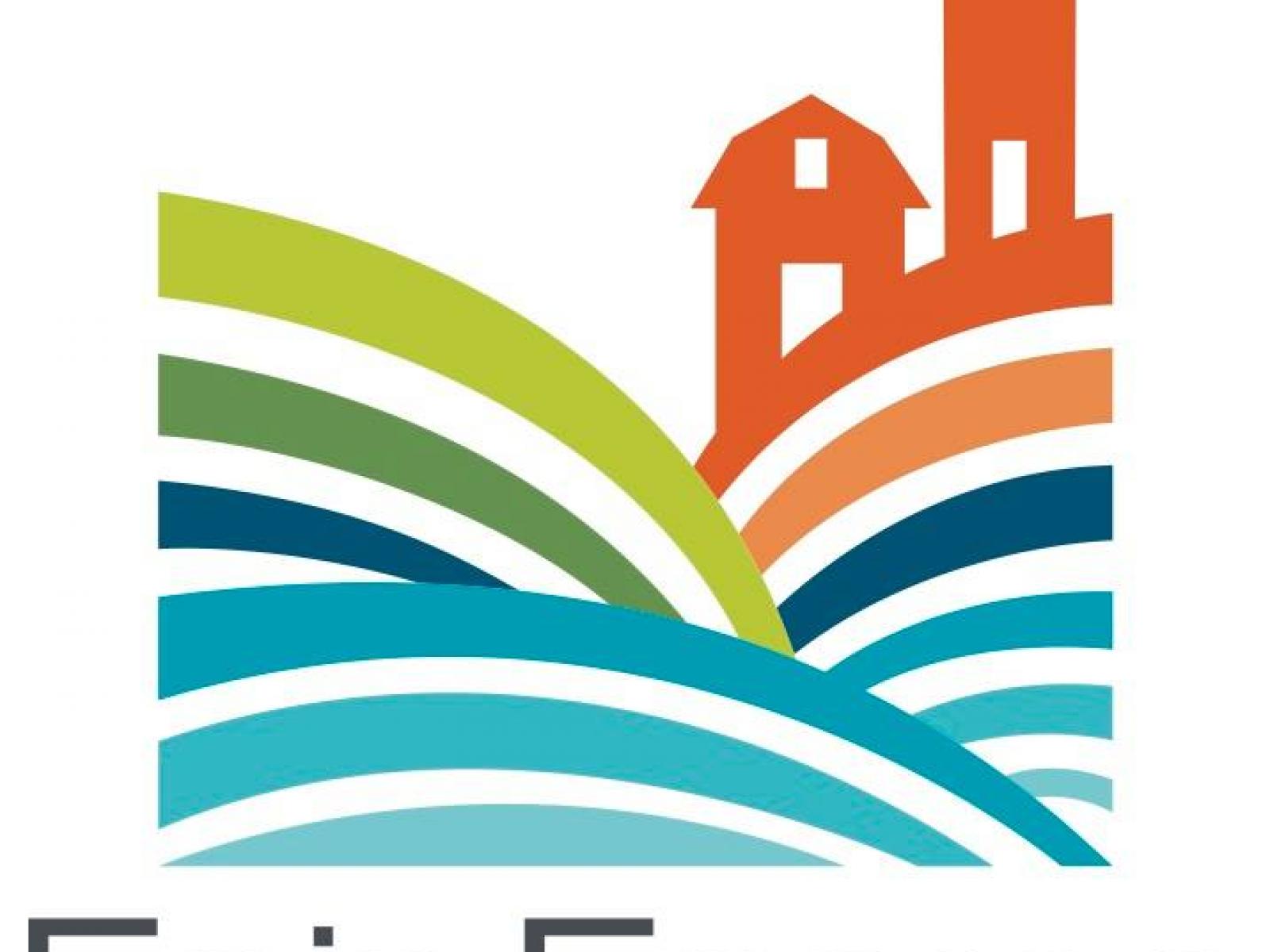An Overview Of Our Solution
- Population Impacted:
- Continent: North America
Organization type
Population impacted
Size of agricultural area
Production quantity
People employed
Describe your solution
Describe your implementation
External connections
What is the environmental or ecological challenge you are targeting with your solution?
Describe the context in which you are operating
Fair Farms was born out of a recognition that the growth and influence of industrial-scale poultry production, particularly on the Eastern Shore, is unsustainable. The density of Concentrated Animal Feeding Operations (CAFOS) is changing the rural landscape. Communities are seeing not only more CAFOs on smaller parcels of land, but also “mega-CAFOS” that produce more chickens, use more antibiotics, and create more runoff because excess manure can’t be absorbed by the land.
Fair Farms recognized that market forces are one of the best tools to use in changing corporate behavior. Using storytelling, Fair Farms seeks to lift the voices of sustainable farmers. We know these tools work. We have seen industrial poultry modify their growing practices, including offering more organics and curbing the use of human antibiotics in livestock production.
Currently, we have about 100 partner farmers. We use a variety of communication tools to tell their stories to about 15,000 consumers. We use personal narrative in the form of written stories, videos and podcasts. We use these same tools in the arena of public policy. During the 2017 Maryland General Assembly session (Jan-April), we have brought partner farmers to Annapolis to testify on bills that: 1) give farmers credit for donating leftover food to food pantries, 2) provide state grants to match federal benefits at farm markets, 3) limit the use of human antibiotics in farm animals that are not sick, and 4) define healthy soils.
How did you impact natural resource use and greenhouse gas emissions?
Language(s)
Social/Community
Water
Food Security/Nutrition
Economic/Sustainable Development
Climate
Sustainability
Fair Farms’ work is funded by financial grants from the Town Creek Foundation, Farm Aid along with administrative support from Waterkeepers Chesapeake, our parent organization. Because of the success of the campaign, we will continue to diversify funding sources and seek expansion efforts in other states.
Return on investment
Entrant Image

Entrant Banner Image

